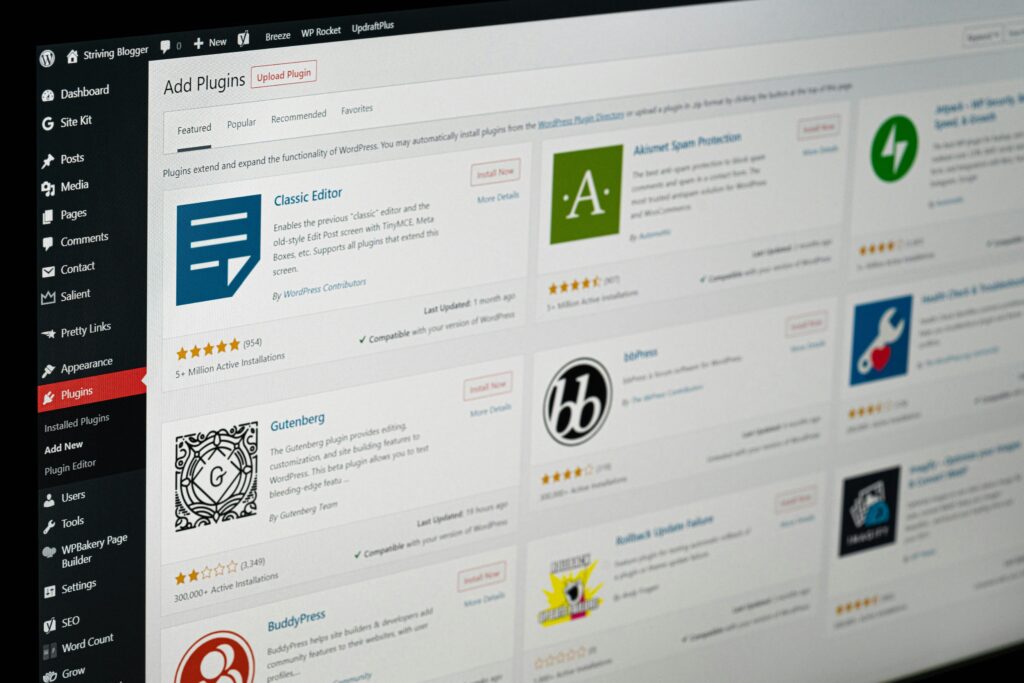
Having a website is now necessary in today’s digital world. However, without the proper tools, creating and maintaining a website can be very difficult. A content management system (CMS) can help with that. Whether you are a blogger, business owner, or creative professional, a content management system (CMS) simplifies the process of creating, updating, and maintaining your website without requiring you to start from scratch with the coding.
We’ll go over the definition of a CMS, its importance, the most widely used CMS platforms, and how to pick the best one for your requirements in this post.

What is a CMS?
A content management system, or CMS, is software that lets you create and manage a website without knowing how to write code. It offers an intuitive user interface that lets you:
- Create and edit web pages
- Upload documents, images, and videos
- Organize your content into categories
- Manage users and permissions
- Customize the design using themes or templates.
To put it simply, a CMS gives you the ability to manage your website in the same way that you manage your social media pages.
Advantages of CMS Use:
CMS platforms are used by both individuals and businesses for the following main reasons:
- Simple to Use: No programming experience is required. The majority of CMS platforms have drag-and-drop builders and are easy to use.
- Cost-effective: Avoid paying developers for each minor update.
- Scalability: As your company expands, you can easily add more pages, blog entries, or even an online store.
- Cooperation: Several people can work on the website simultaneously.
- SEO-friendly: A lot of content management systems (CMSs) have integrated SEO tools or plugins, such as Yoast SEO for WordPress.
- Security: Plugins and routine updates keep your website safe.
Well-known CMS Systems
Although there are hundreds of CMS platforms, the following are the most popular ones:
- WordPress
Powers more than 40% of all websites globally. Open-source and incredibly adaptable, it is ideal for e-commerce, business websites, and blogs. It is adaptable thanks to its plugins and themes.
- Joomla
Excellent for intricate communities and websites, it provides robust adaptability and integrated multilingual functionality.
- Drupal
Extremely strong and safe Ideal for government websites, universities, and big businesses
- Shopify (e-commerce)
A hosted content management system for online retailers with integrated payment and inventory systems, setup is simple.

Future of CMS
CMS platforms are getting smarter as automation and AI continue to advance. Modern CMS solutions are already incorporating features like voice search optimization, AI content creation, and automated SEO tools.
In conclusion
The majority of contemporary websites are built on top of a Content Management System (CMS). A CMS gives you the freedom, control, and usability to realize your ideas, whether you’re starting a personal blog, developing an online business presence, or setting up an online store.
If you’re prepared to get started, Zuby Web Studio uses the top content management systems to assist companies in creating strong, intuitive websites.
Get in touch with us right now, and together, let’s design your ideal website!
